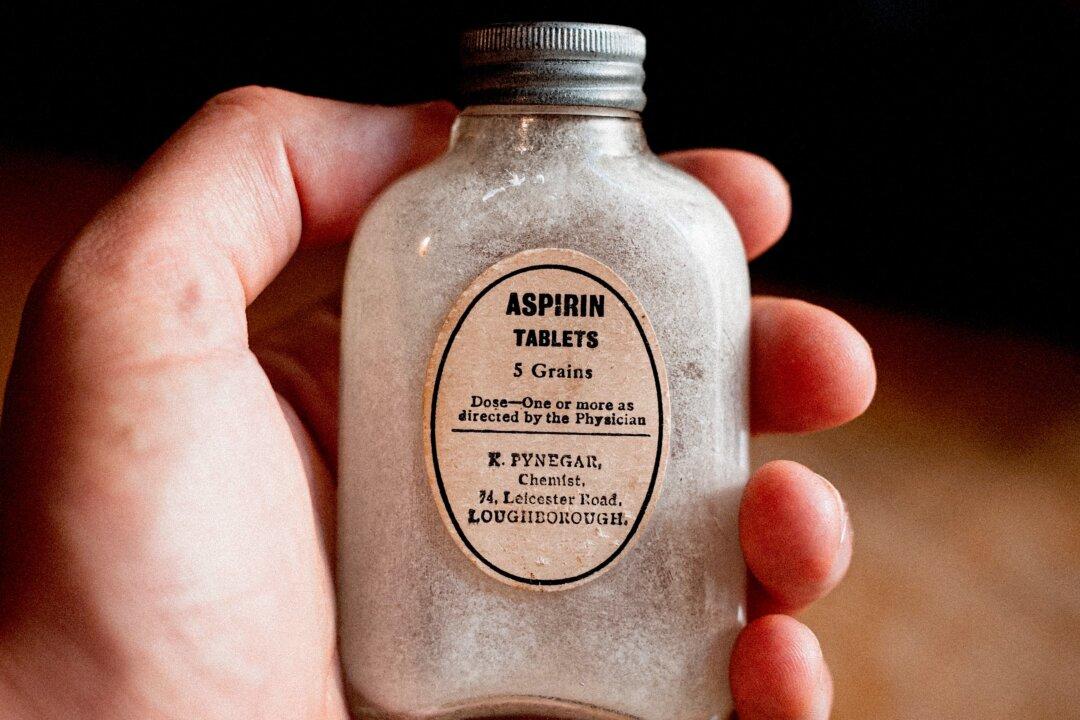In a fascinating study conducted at the University of Copenhagen, researchers found that vitamin D is essential in order to activate the body’s immune system. Without it — or with insufficient levels — the immune system’s killer T cells can’t fight off serious infections and instead remain unheroically dormant. But with sufficient levels of vitamin D, these T cells spring into action, do what they’re designed to do, and gobble up viruses, harmful bacteria, and can even destroy cancer cells.
According to Professor Carsten Geisler (Department of International Health, Immunology and Microbiology): “When a T cell is exposed to a foreign pathogen, it extends a signaling device or ‘antenna’ known as a vitamin D receptor, with which it searches for vitamin D. This means that the T cell must have vitamin D or activation of the cell will cease. If the T cells cannot find enough vitamin D in the blood, they won’t even begin to mobilize.”






